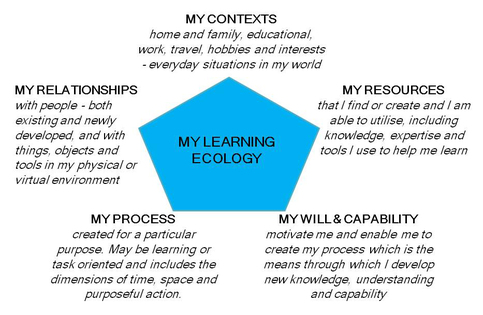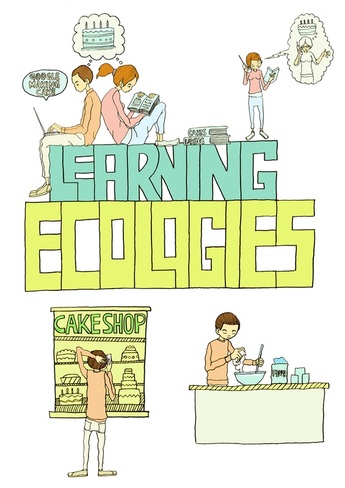| navid_learning_ecologies_revised.docx |
Overall, this seems like a very healthy learning ecology through which my son gained the development he needed and wanted. And from an educational perspective this would seem to be a good outcome. But it was not accomplished through design. Rather, it depended on my sons own agency and passion for archaeology that drove him to seek out and get involved with opportunities in his immediate contexts and the wider world.
If, as I argue in my e-book chapter, the ability to create a learning ecology is essential to future learning there is an issue as to how universities encourage this orientation and capability within their learners and how they recognise learning and development gained through their involvement in activities outside the planned curriculum.









 RSS Feed
RSS Feed